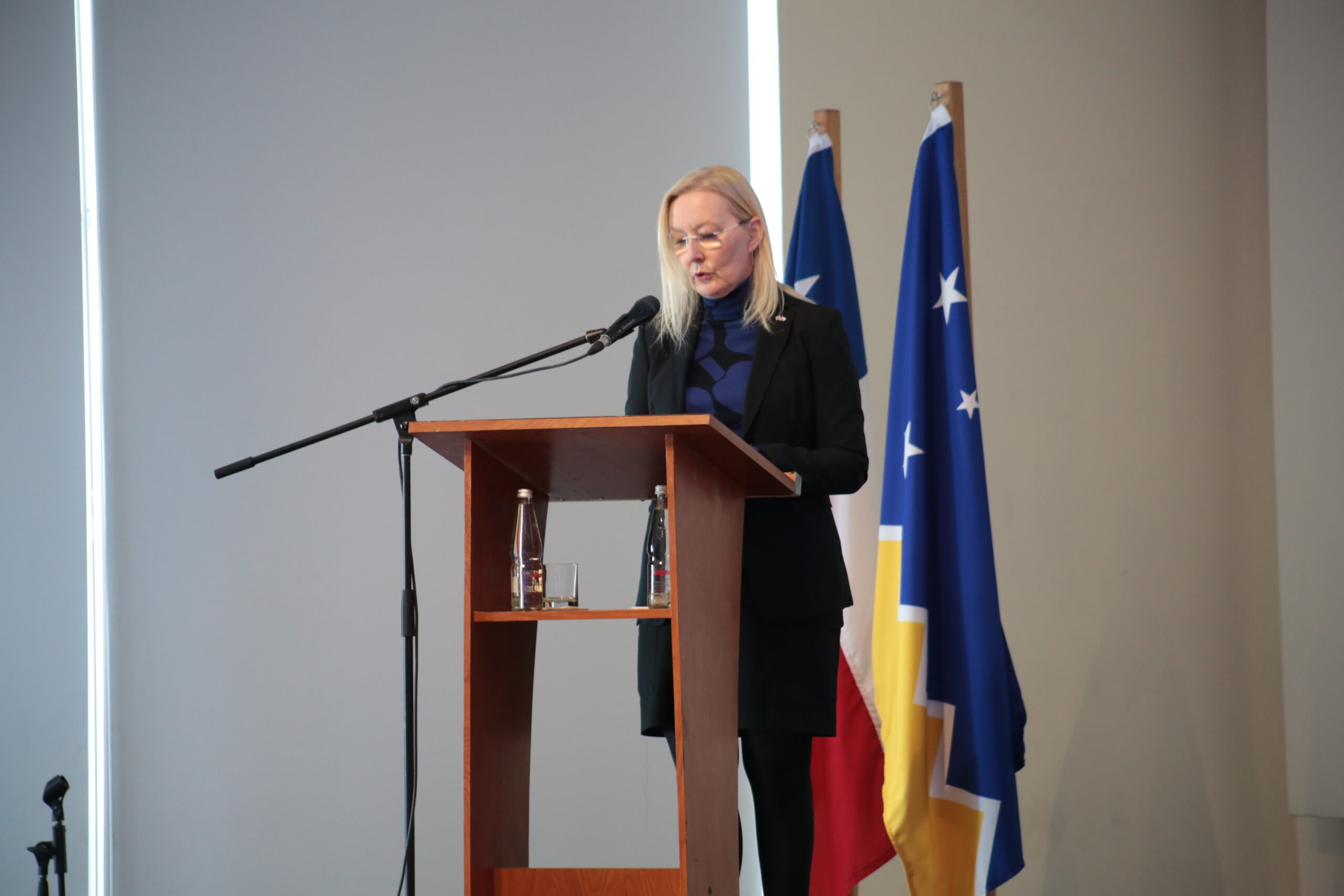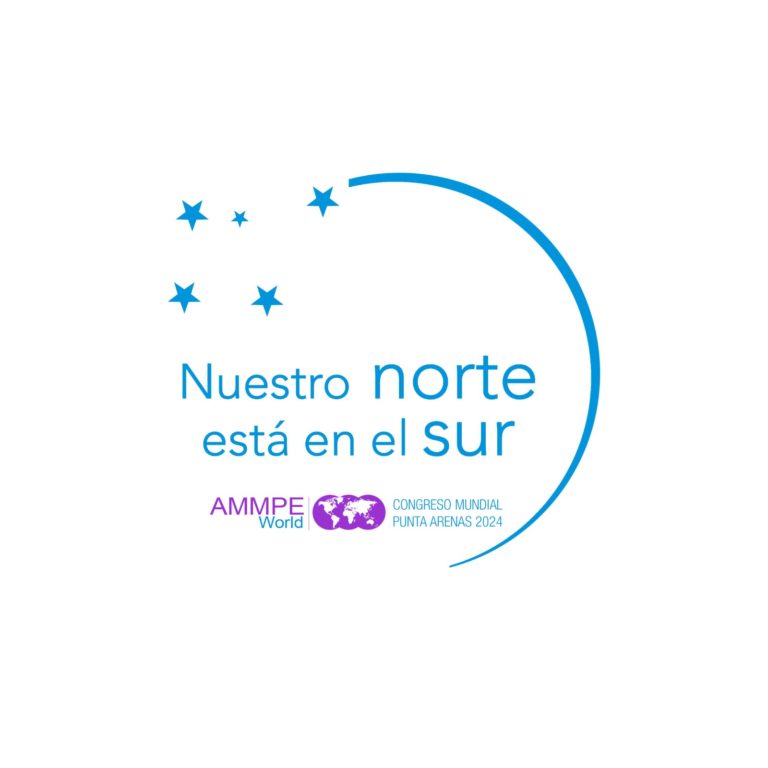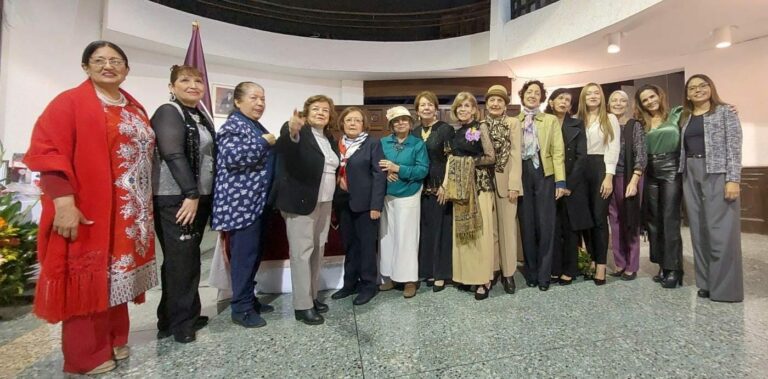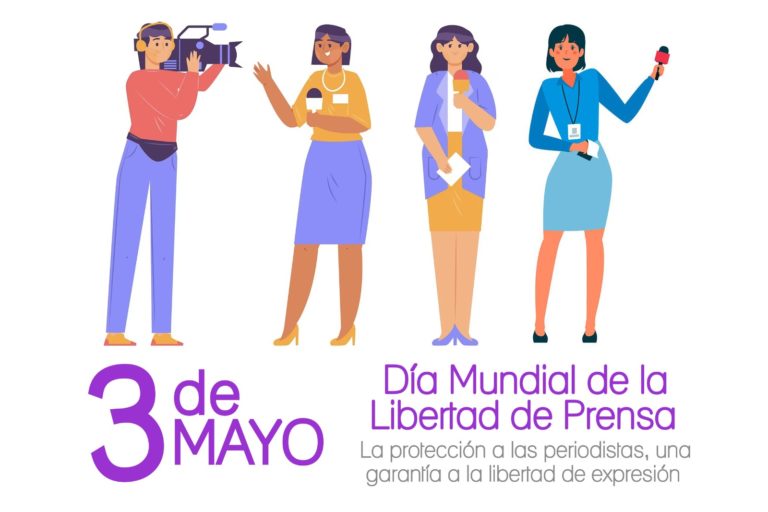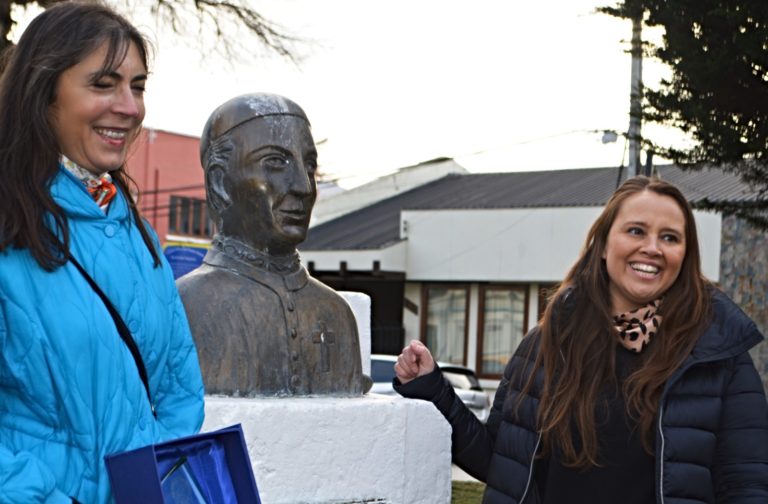Why has Finland been voted the happiest nation in the world for seven years?
Because that nation “offers quality education for the entire population without leaving anyone behind, with an education that prepares students for today and for the future,” said Ambassador Johanna Katkajarvi, at the closing of the 25th Congress of the World Association of Women Journalists and Writers.
The question has been going around the world for the last seven years, and it jumps from one continent to another, causing the envy of all those who know the results of the evaluation made every year by the United Nations Organization to measure and calibrate the quality of life of human beings on planet Earth.
The answer came yesterday to one of the shores of the Strait of Magellan, in southern Chile, at the southern tip of the American continent.
It came from the hand of the ambassador of Finland, Johanna Katkajarvi, one of the star guests at the 25th World Congress of Women Journalists and Writers, which ended yesterday in Punta Arenas, and was the scene of interesting presentations heard by more than a hundred attendees from more than fifty countries.
The representative of Finland, who presented a paper entitled “Media Education in Finland and the Importance of Critical Literacy”, first told that her country “is one of the most stable, least fragile and least corrupt in the world, and has been chosen by the UN as the happiest country in the world for seven consecutive years”.
She then explained: “The education system has a lot to do with all these achievements. Finland offers quality education for the entire population, leaving no one behind, with an education that prepares students for today and for the future, developing digital skills necessary for participation in society.”
And in that direction, the diplomat was more explicit in clarifying how students are being prepared for the future: “Media literacy forms an important part of digital skills.”
An initial definition of what is considered “media literacy” states that it is understood as “the ability to analyze, evaluate and create media messages in a critical and reflective manner”, which implies, among other things, “understanding media codes and conventions, assessing credibility, distinguishing between information and advertising, identifying biases, and producing and sharing ethical and responsible content”.
The application of the above explains why Finland ranks first in the media literacy index since its publication for the first time in 2017, which index compared 47 European and OECD countries.
What was assessed, the ambassador said, was “the ability of people to resist fake news using freedom of the press, education, and trust in people.”
The diplomat confirmed what had been said in other panels of the AMMPE Congress when she warned that “we live in a digital era where information flows at an unprecedented speed. While technological advances have made great contributions to the democratization of knowledge, paradoxically they also present new challenges that strain democracies around the world and also challenge our educational systems”.
The ambassador was emphatic in indicating the most relevant consequence of the Finnish experience of this public policy in education:
“When people have a good level of media literacy, it's harder to influence them with misinformation or get them to act against their own interests. Without media literacy, people have much less power to influence the things that matter to them, and there is much less trust in society.”
Finally, the presentation by the representative from Finland closed with a call to the women at the AMMPE Congress to understand that “media education is a constant task, and it calls on all of us. What we do now matters. It matters the information we disseminate, it matters how we interact with the digital world, and also the regulations that are being developed. The world has changed and we need to build a new world that is increasingly empathetic, enhancing our human qualities that technology does not have”.
